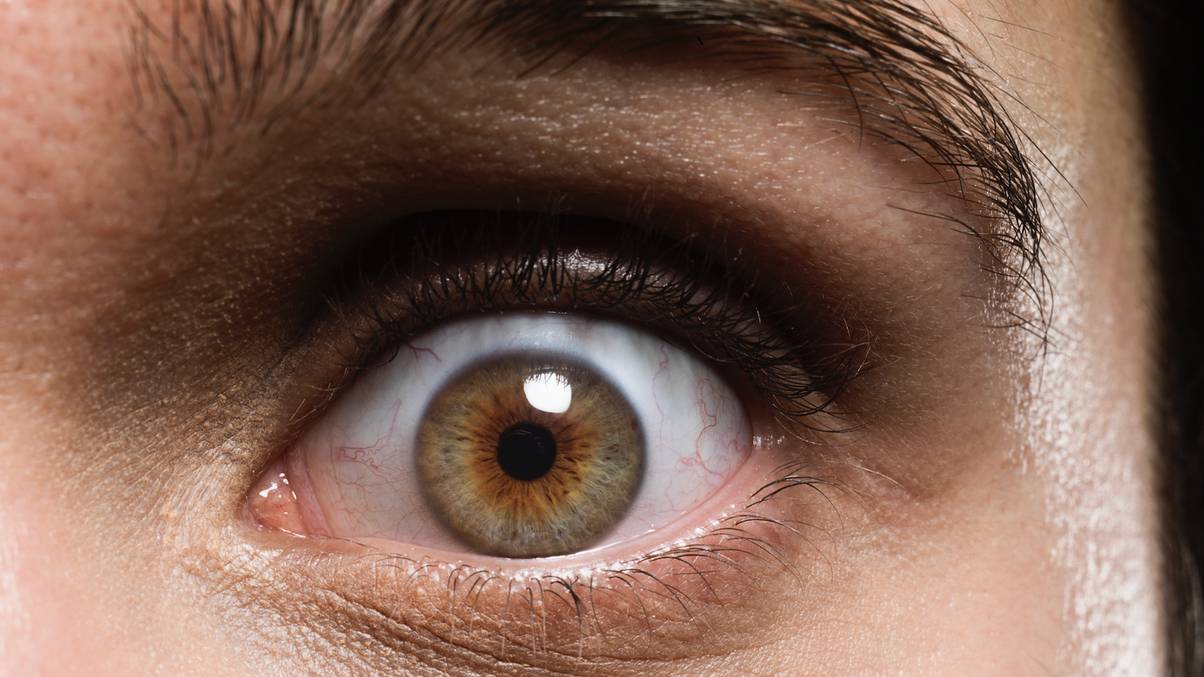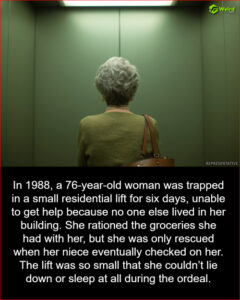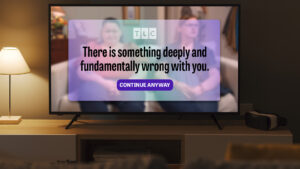“Unpacking the Clichés: How National Cliché Day Holds a Mirror to Our Language and Lives!”


The Origin of Cliches
The word “cliche” comes from the French term “cliché,” which is the past participle of “click.” It was first used in the printing industry to describe the printing plate used to create multiple copies of an image or text. Over time, it evolved to refer to overused phrases and ideas.
Some cliches have been around for centuries, while others have more modern origins. Some may have started as original expressions but became overused through repeated use in literature, movies, music, and everyday conversations.
These days, even the phrase “that’s so cliche” is ironic in itself. It has become a cliche to point out cliches.
Love them or hate them?
Cliches often evoke strong reactions from people. Some find them annoying and unimaginative, while others see them as a way to connect with others and express shared experiences.
However, using too many cliches can also make one appear unoriginal or insincere. It’s all about finding a balance and knowing when to use them sparingly for effect.
Embrace All the Cliches Today


On National Cliche Day, take a moment to appreciate these common expressions and their role in our language. Embrace them with open arms, and have fun incorporating as many cliches as you can into your conversations and social media posts.
Today’s goal is to see how many eye-rolls you can elicit before you can’t help but start laughing.
Here are some popular cliches that you can use today:












